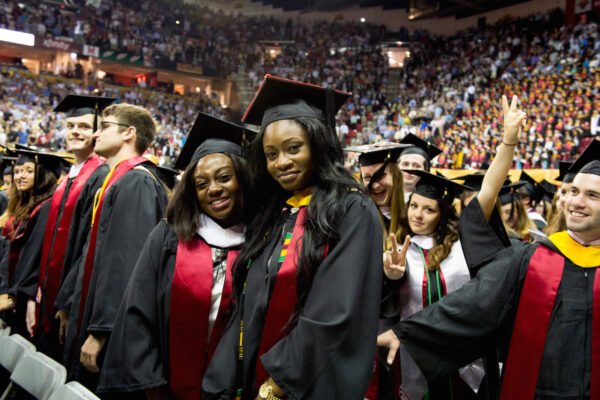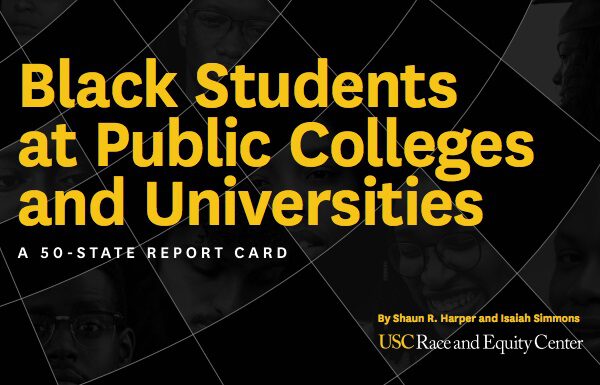All Posts
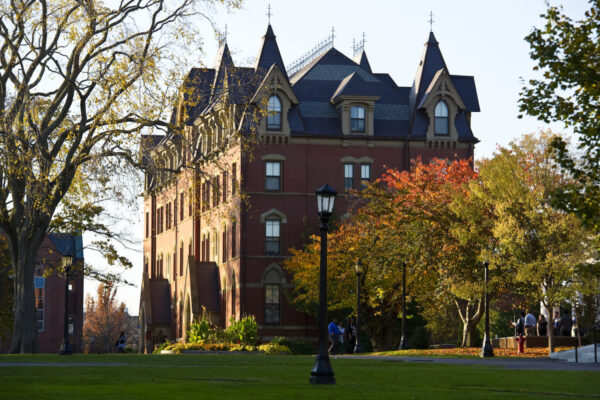
The Hard Work of Innovative Presidents and Teams
A group of 15 current and former higher education leaders met recently to discuss ACE’s American College President Study. Their conclusion: Innovative leadership is more about responding effectively to challenges than it is about predicting the future or having the newest idea.
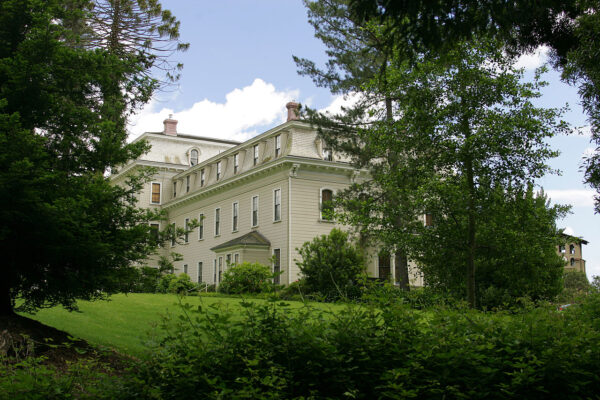
The ACE Fellowship Year: Putting Place in Perspective
In the upcoming months, John Marx will be blogging about his year in the ACE Fellows Program in a series of posts centered on the idea of “place” in American higher education leadership. Marx, professor and chair of the English Department at University of California, Davis, is spending his year working with President Elizabeth Hillman at Mills College in Oakland, California.
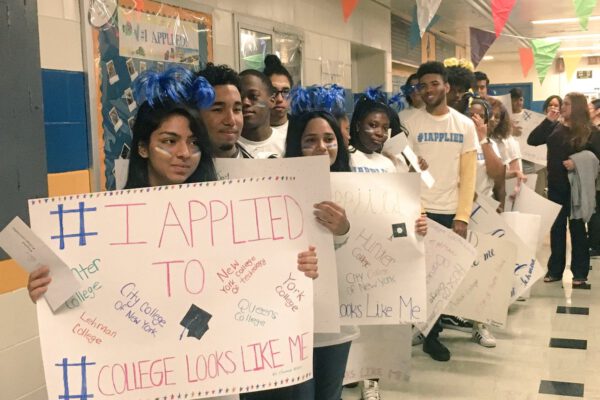
ACE at 100: Increasing Access Through the American College Application Campaign
In 2005, a North Carolina high school hosted an event called College Application Day, with the goal of having every senior complete and submit at least one college application. The program soon spread statewide, reaching underserved students and by 2011, ACE President Molly Corbett Broad advocated scaling the program nationwide.
